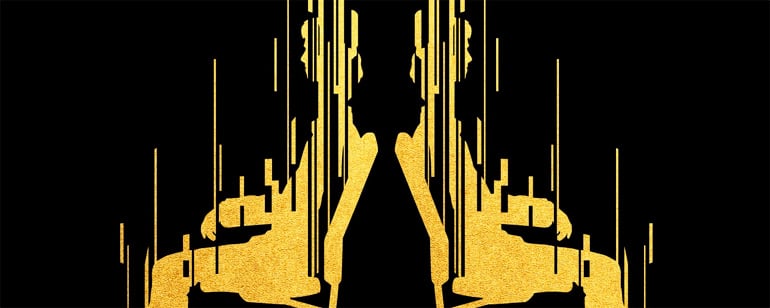

Throughout, the narrator (whether Joel or Joel No. Technology is important to debut author Klein’s novel, particularly the truth about how transportation really works, but character drives the story as much or more. With several well-organized yet shadowy forces arrayed against them, both Joels must use all their combined experiences in manipulating AIs to rescue each other and Sylvia and stop a mad genius’s nefarious plans. At IT headquarters, Joel learns that Sylvia, already in Costa Rica, has panicked and done the unthinkable: used Escrow technology to restore him, creating a duplicate Joel.

But as Joel is teleporting, a suicide bomber attacks, and he finds himself still in Greenwich Village, though he’s reported dead. Sylvia suggests a 10th anniversary vacation to Costa Rica, their honeymoon spot and one of the world’s few remaining off-the-grid locations. (Anything teleported is held in “escrow” until its arrival is confirmed quantum entanglement is involved.) After a recent promotion, Sylvia has been working on a secret project that eats all her time, and the couple has drifted apart. She works for International Transport, the company with a monopoly on teleportation thanks to its proprietary Punch Escrow technology. He loves ’80s pop music and his wife, Sylvia, a quantum microscopy engineer. Narrator Joel Byram is a “salter”-that is, he poses puzzles to artificial intelligence applications, hoping to stump them and improve their decision algorithms.

Now the world is run mostly by corporations, which provide basic needs and run the global economy with the help of nanotechnology, which, among other advancements, has made human teleportation possible. In 2147, the Last War ended half a century ago. In this sci-fi thriller, a man fights for his wife and his lives after he’s duplicated in a transporter malfunction.


 0 kommentar(er)
0 kommentar(er)
